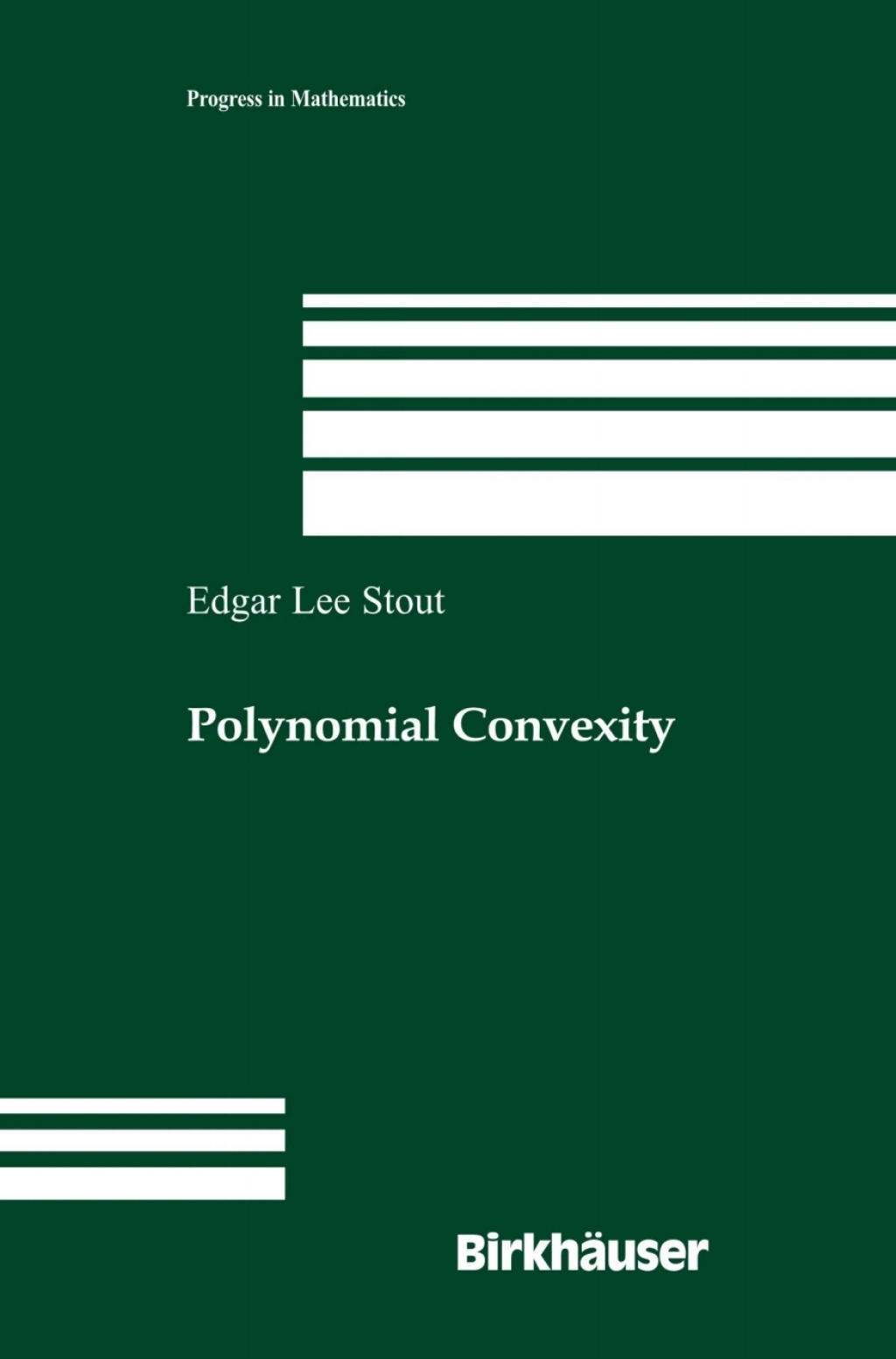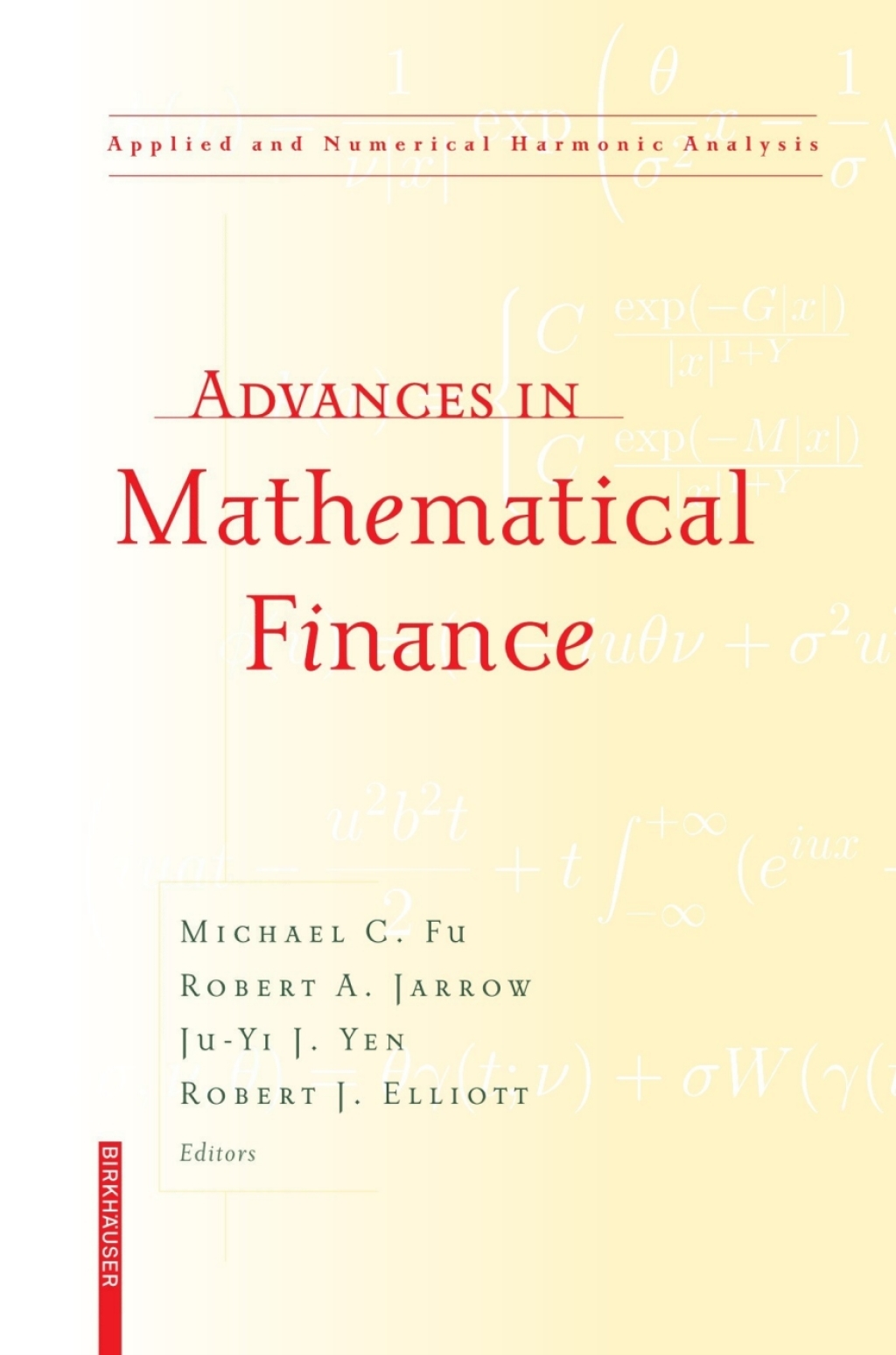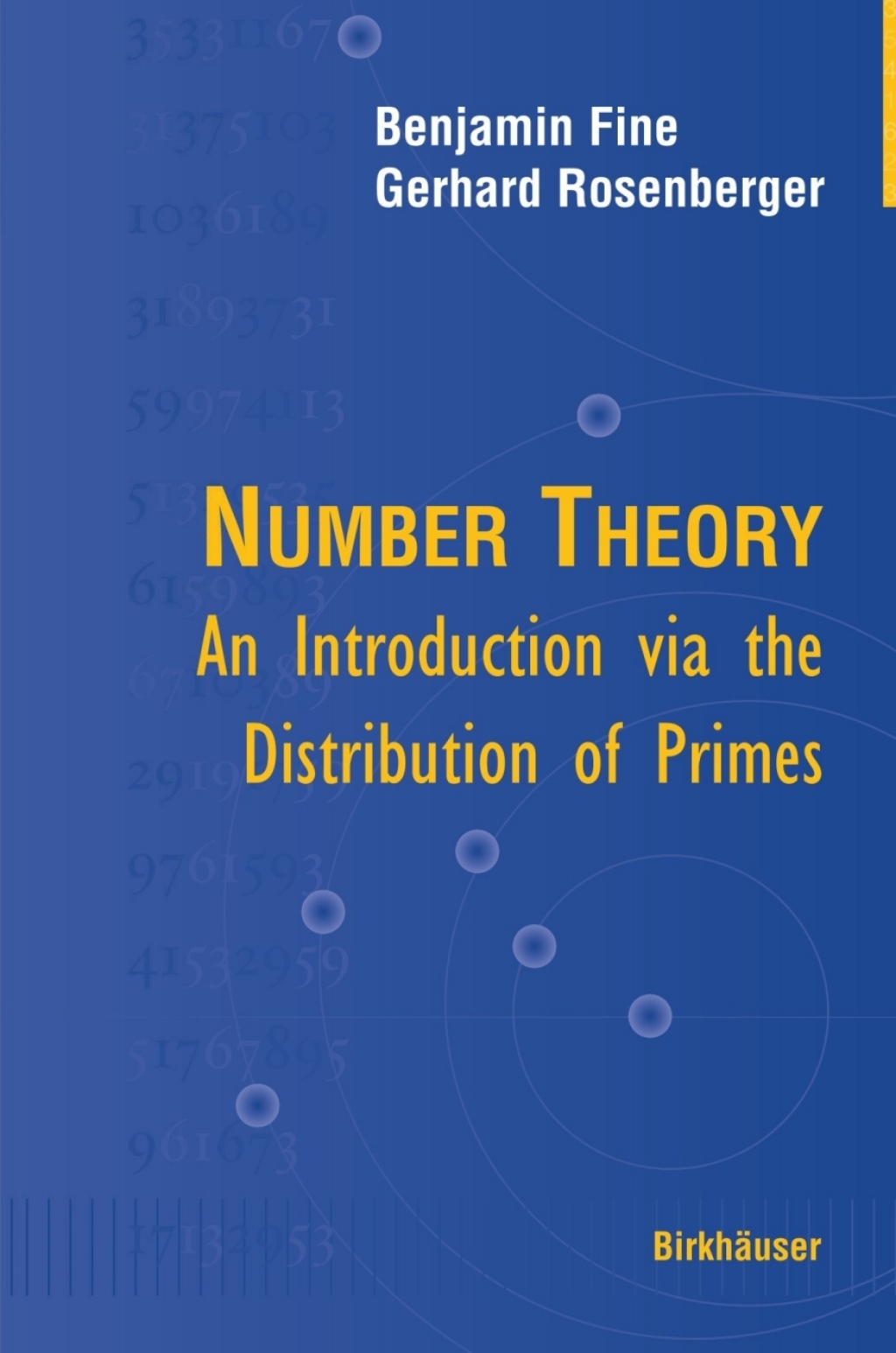Number Theory An Introduction via the Distribution of Primes
Author(s): Benjamin Fine; Gerhard Rosenberger
Publisher: Birkhäuser
ISBN: 9780817644727
Edition:
$39,99
Delivery: This can be downloaded Immediately after purchasing.
Version: Only PDF Version.
Compatible Devices: Can be read on any device (Kindle, NOOK, Android/IOS devices, Windows, MAC)
Quality: High Quality. No missing contents. Printable
Recommended Software: Check here
Important: No Access Code
Description
Description
Number theory is fascinating. Results about numbers often appear magical, both in theirstatementsandintheeleganceoftheirproofs. Nowhereisthismoreevidentthan inresultsaboutthesetofprimenumbers. Theprimenumbertheorem,whichgivesthe asymptotic density of the prime numbers, is often cited as the most surprising result in all of mathematics. It certainly is the result that is hardest to justify intuitively. The prime numbers form the cornerstone of the theory of numbers. Many, if not most, results in number theory proceed by considering the case of primes and then pasting the result together for all integers using the fundamental theorem of arithmetic. The purpose of this book is to give an introduction and overview of number theory based on the central theme of the sequence of primes. The richness of this somewhat unique approach becomes clear once one realizes how much number theoryandmathematicsingeneralareneededinordertolearnandtrulyunderstandthe prime numbers. Our approach provides a solid background in the standard material as well as presenting an overview of the whole discipline. All the essential topics are covered: fundamental theorem of arithmetic, theory of congruences, quadratic reciprocity, arithmetic functions, the distribution of primes. In addition, there are ?rm introductions to analytic number theory, primality testing and cryptography, and algebraic number theory as well as many interesting side topics. Full treatments and proofs are given to both Dirichlet’s theorem and the prime number theorem. There is acompleteexplanationofthenewAKSalgorithm,whichshowsthatprimalitytesting is of polynomial time. In algebraic number theory there is a complete presentation of primes and prime factorizations in algebraic number ?elds.










